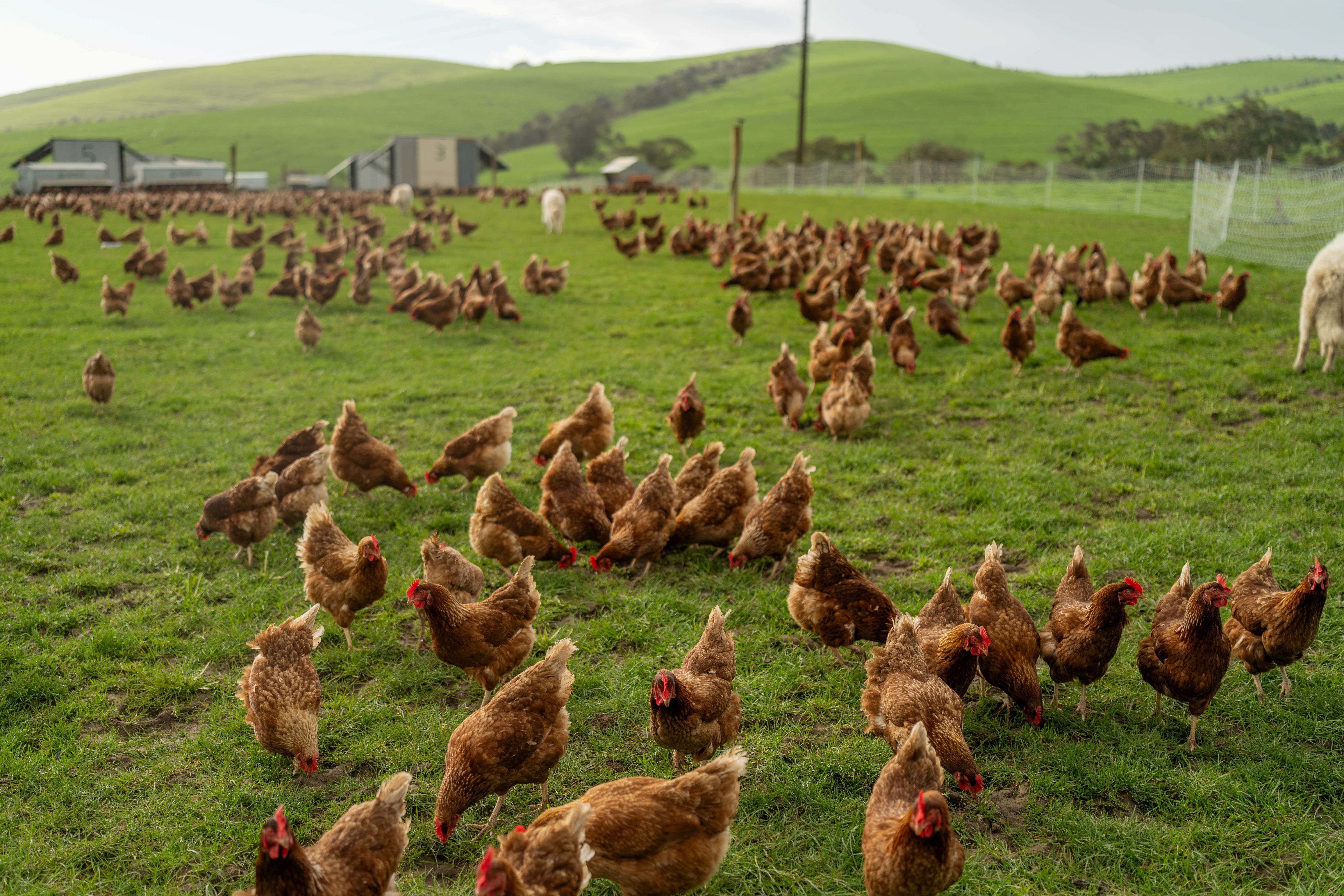
Biosecurity and One Health
About
Agricultural systems and public health are increasingly exposed to biosecurity risks. The incidence of zoonotic diseases and plant pathogens is rising, invasive species are spreading, antimicrobial resistance is increasing, and climate change is altering the distribution of pests and disease vectors. Global trade adds further complexity, as the movement of goods and people accelerates the spread of threats. These pressures jeopardise productivity, biodiversity, and food security, while also putting public health at risk.
What is are the biosecurity challenges in agriculture?
The decade ahead will bring significant challenges for agriculture and food systems, including:
- Scaling up surveillance systems for early detection and rapid response to plant and animal diseases
- Managing invasive species that disrupt ecosystems and reduce crop yields
- Addressing antimicrobial resistance in farming systems before it undermines food safety and animal health
- Predicting and responding to climate-driven changes in pathogen distribution and pest behaviour
- Strengthening policies and regulations to prevent, contain, and respond to biosecurity threats
- Training a skilled workforce to deliver integrated One Health solutions that connect human, animal, and environmental health
Without sustained investment in research, technology, and people, biosecurity threats will continue to grow in frequency and scale, impacting both agriculture and communities.
How can we help solve these challenges?
At ANU, we are tackling these challenges through our focus on biosecurity and one health, which brings together research, education, and collaboration to protect agricultural systems and public health.
Our researchers are:
- Developing advanced surveillance technologies for real-time disease monitoring
- Using genomics and bioinformatics to track and control the spread of pathogens
- Applying One Health approaches that integrate human, animal, and environmental health
- Building models to assess the impacts of biosecurity risks on agriculture and communities
- Designing resilient farming systems that reduce vulnerability to pests and diseases
- Advising on policies and regulatory frameworks that strengthen Australia’s preparedness and response
ANU offers world-class infrastructure to support this work, including high-containment laboratories for pathogen research, advanced genomics platforms, environmental monitoring tools, and strong expertise in policy and governance. Through partnerships with government, industry, and international organisations, AFII ensures this research delivers real-world impact.
By connecting science, policy, and practice, AFII at ANU is helping safeguard agriculture and public health, building resilience against the biosecurity threats of today and tomorrow.
Partner with us to future-proof your operations. Whether you're seeking strategic insights, technical solutions, or collaborative innovation, we’re here to help you lead in a climate-smart agricultural future.
